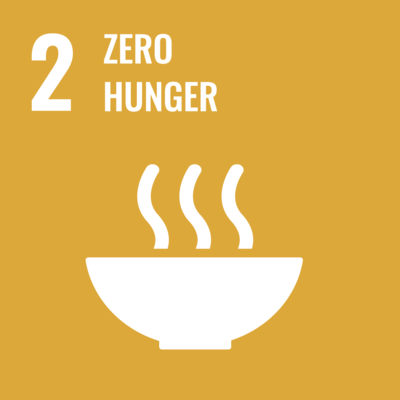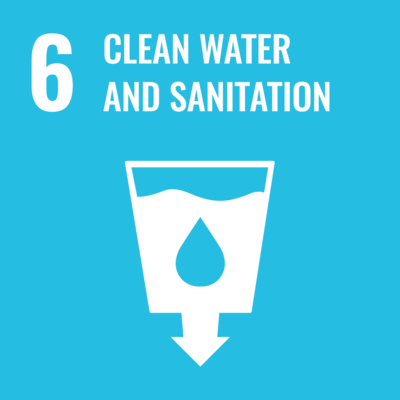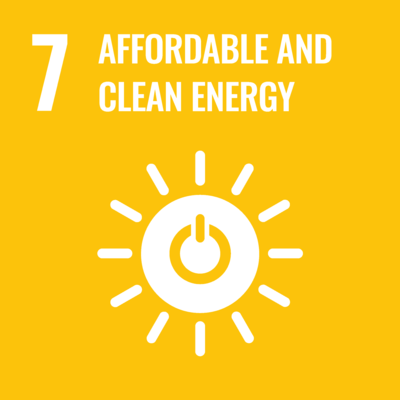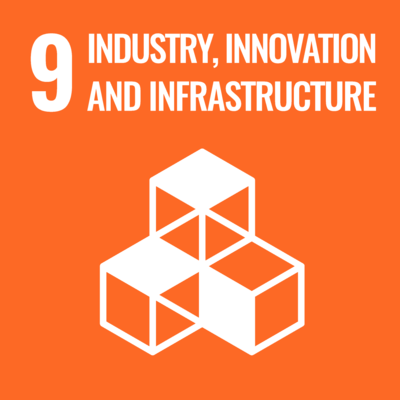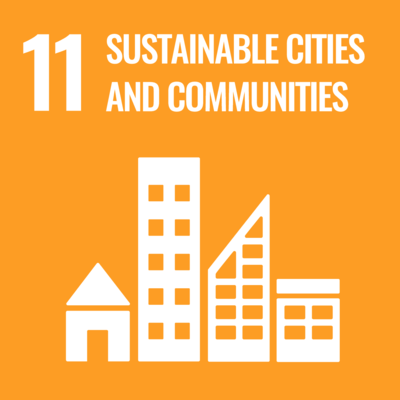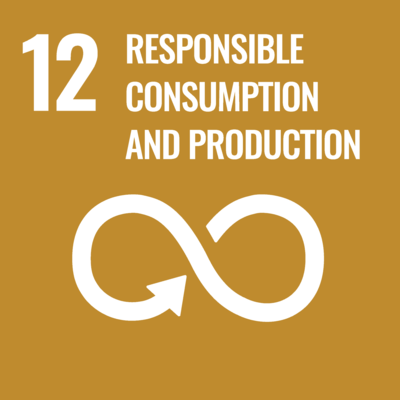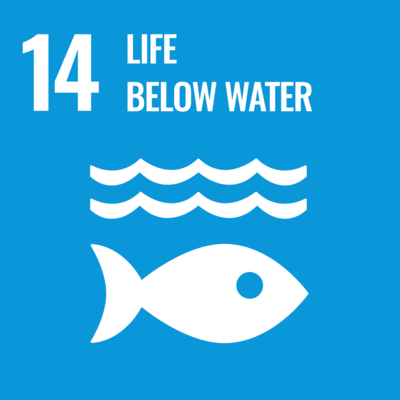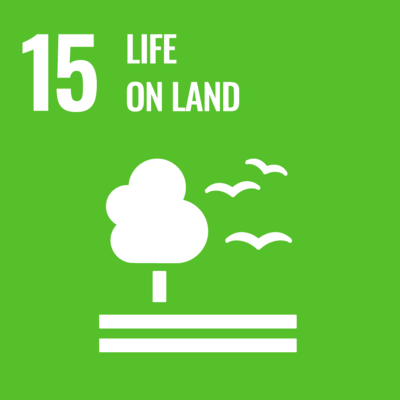SDG 6.5.4 Sustainable water extraction on campus
Regarding technologies for sustainable water extraction from aquifers, lakes, and rivers, NCUE focuses on the storage and utilization of rainwater and the use of abundant local underground aquifers to meet the water needs of our staff and students. We ensure that they are able to access and understand the concepts of sustainable development and water resources management, thereby facilitating the protection and restoration of water-related ecosystems.
1. Constructed a detention basin:
The artificial Baisha Lake, with an area of approximately 9,000 m3, functions as a detention basin when it rains. It collects rainwater and absorbs water discharged from the surrounding buildings and green spaces. The collected water is then used in sprinkler irrigations for the lawns and flowerbeds on campus (Figure 1).
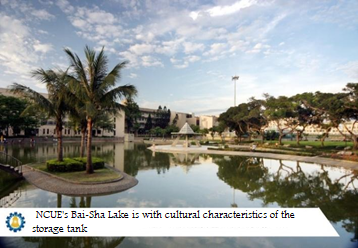
Figure 1: The above picture shows NCUE’s Baisha Lake, the storage tank with landscape characteristics.
2. Installed devices for a sustainable water circulation system:
The rainwater storage and water supply system involves the intercepting and storing of rainwater by tapping on the natural terrain or using artificial methods. The rainwater is then reused as miscellaneous domestic water after a simple purification treatment. The reutilization of rainwater serves as an alternative and supplementary source of domestic water and a source of water storage for firefighting (Figure 2).
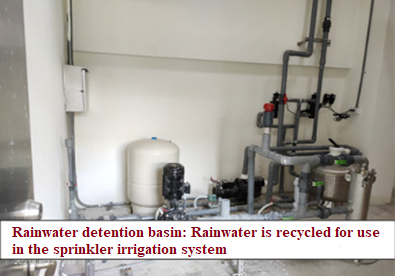
Figure 2: Rainwater detention basin: Rainwater is recycled for use in the sprinkler irrigation system
3. In 2023, NCUE used 127,492 m3 of tap water and 301,912 m3 of underground water, resulting in a total water usage of 429,404 m3. In terms of water usage breakdown, tap water accounted for 29.7%, and underground water accounted for 70.3% of our water usage, as shown in Table 1.
Table 1. Total water consumption (in m3) at the Jinde Campus and the Baoshan Campus in 2023
|
Water consumption (2023) |
Tap water ( m3) |
Groundwater ( m3) |
Total ( m3) |
|
Jinde Campus |
66,944 |
262,006 |
328,950 |
|
Baoshan Campus |
60,548 |
39,906 |
100,454 |
|
Entire University |
127,492 |
301,912 |
429,404 |


